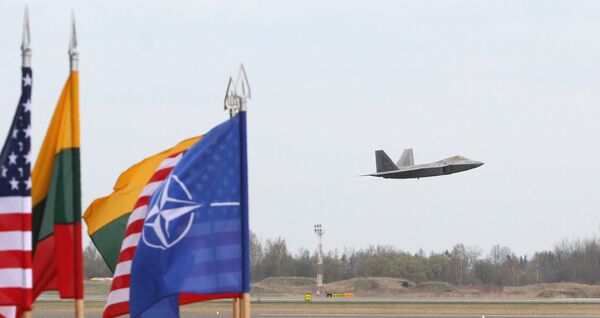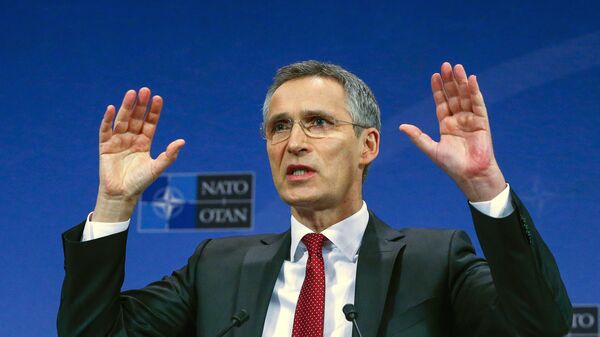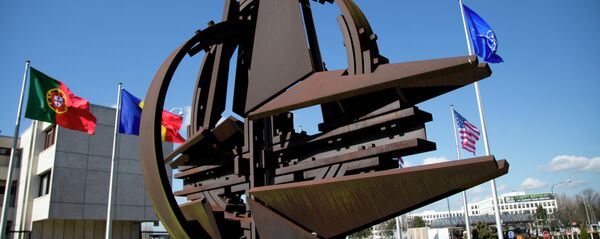The fundamental NATO principle of all member going to the assistance of any member state under threat was brought into question in the run-up to the US presidential election, when Trump suggested the principle could fall because many European alliance members were not laying their way.
His comments were seen as a move to make Europe take on more responsibility for its own defense — as suggested by European Commission President Jean-Claude Juncker — and a potential watering-down of the US-led alliance.
"NATO is built on the very fundamental principle that we defend each other. It's one for all and all for one. [Trump] has clearly stated to me and to all the European leaders, after he was elected, that he will be — and the US will remain — strongly committed to NATO and the security guarantees to Europe [still] stand," Stoltenberg told the BBC, November 24.

"I spoke with him [November 18]. He has a fair point [on unequal defense spending within NATO]. It is not fair that the burden-sharing in NATO is as imbalanced as it is today. The UK spends more than two percent of GDP on defense. The United States and a few other allies do that, but I would like to see more allies increase defense spending.
"The good thing is that we have turned a corner. Since 2014, when we made the decision to start to increase defense spending, we have been able to stop the cuts and more and more NATO allies have started to increase [spending]," Stoltenberg said.
'Tank Parade'
The NATO chief denied the alliance was putting pressure on Russia by building up forces in the east of Europe — described by German foreign Frank-Walter Steinmeier as "saber-rattling" and a "symbolic tank parade — saying the alliance worked together with Russia on joint threats.
Learn how NATO works in this animation pic.twitter.com/soHe9HRBpb
— NATO (@NATO) 22 November 2016
"We talk to Russia on many different issues. NATO is not trying to isolate Russia. NATO allies also work together with Russia, for instance, trying to find a peaceful solution to the conflict in Syria or negotiating the Iran nuclear deal.
"Increased NATO presence in Lithuania and the Baltic countries Is important because we agreed in NATO to increase our presence in the eastern part of the alliance. This will be multinational presence. One of the battalions will be led by the UK and by having national presence by different NATO forces, we are sending a clear signal that an attack on one ally — for instance, a Baltic country — will trigger a response from the whole alliance," Stoltenberg said.



